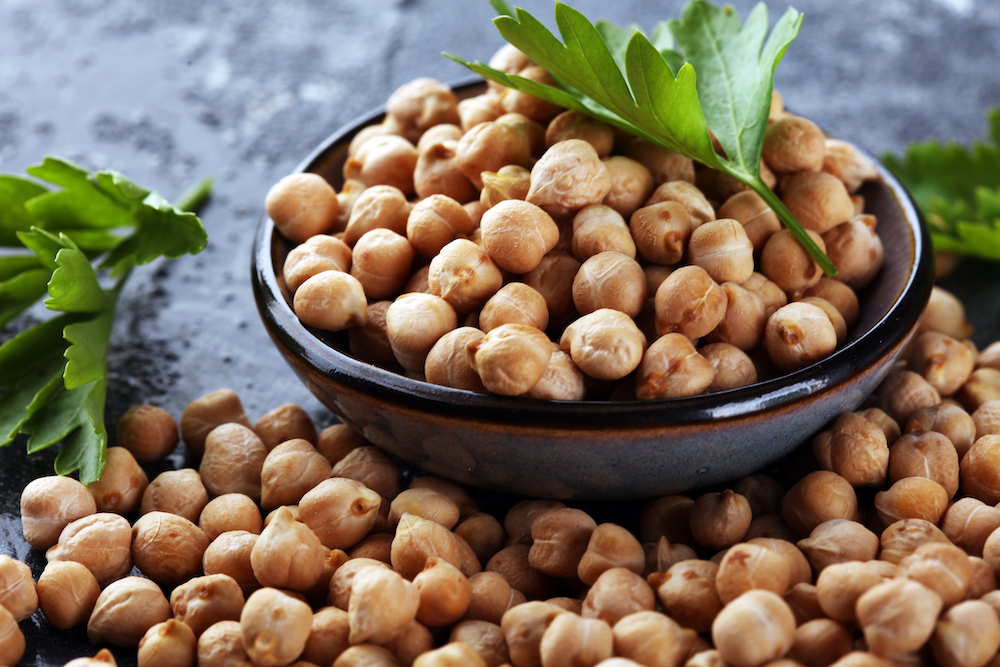
A Fruit That’s Great for Digestion and Heart, and Works on Skin Like Expensive Creams
With a unique shape reminiscent of a teardrop, these fruits are rich in nutrients and offer a range of potential health benefits, and they’re also good for skin care.
Fresh figs are rich in nutrients while being relatively low in calories, making them an excellent addition to the diet.
One small fresh fig (40 grams) contains:
- Calories: 30
- Protein: 0 g
- Fat: 0 g
- Carbohydrates: 8 g
- Fiber: 1 g
- Sugar: 6.5 g
- Copper: 3% of daily value (DV)
- Magnesium: 2% DV
- Potassium: 2% DV
- Riboflavin (vitamin B2): 2% DV
- Thiamine (vitamin B1): 2% DV
- Vitamin B6: 3% DV
- Vitamin K: 2% DV
Figs are particularly rich in copper and vitamin B6.
Copper is an essential mineral involved in many body processes, including metabolism and energy production, as well as the formation of blood cells, connective tissues, and neurotransmitters.
Vitamin B6 is crucial for breaking down proteins from food and forming new proteins. It also plays an important role in brain health – writes Nova.
Do Figs Contain a Lot of Sugar?
Fresh figs contain natural sugars, making them a sweet alternative to snacks high in added sugars.
However, it’s important to note that dried figs lack the water that fresh figs have, so they are smaller in volume, but the sugar and calorie content remains the same.
For example, 40 g of dried figs contains about 100 calories and 20 g of sugar, while 40 g of fresh figs has 30 calories and 6.5 g of sugar.
Health Benefits of Figs
Figs Are Good for Digestion
Figs have long been used as a natural remedy for digestive problems and gut health.
They contain fiber, which can regulate bowel movements and relieve constipation by softening stools. Fiber also acts as a prebiotic – food for beneficial gut bacteria.
A 2019 study conducted on 150 people with irritable bowel syndrome with constipation (IBS-C) showed that those who consumed about four dried figs (45 g) twice a day had significantly reduced symptoms – including pain, bloating, and constipation – compared to the control group, writes Health Line.
Figs May Improve Heart Health
Figs may improve blood vessel health and reduce the risk of heart disease.
According to a 2023 review, some animal studies have shown that fig leaf extract can improve blood pressure, total cholesterol, HDL (good) cholesterol, and triglyceride levels.
However, the authors note that a few studies examining the impact of figs on blood lipids in humans did not find significant benefits. In some cases, figs even slightly increased LDL (bad) cholesterol and fasting blood sugar levels in certain subjects.
More human studies are needed to better understand the relationship between figs and heart health.
Can Fresh Figs Help Regulate Blood Sugar?
Some research suggests that figs may play a role in blood sugar control.
A 2019 study showed that drinks with a high concentration of fig extract had a lower glycemic index (GI) compared to drinks without figs, meaning these drinks might have a more favorable effect on blood sugar levels.
Also, a 2020 study on obese mice found that fig extract could improve glucose tolerance, insulin sensitivity, and fasting blood glucose levels. This may be attributed to the high content of abscisic acid in figs.
However, the fig fruit – especially dried figs – contains a lot of sugar and can temporarily raise blood sugar levels. If you have trouble managing blood sugar, watch how many dried figs you eat.
Do Figs Have Potential Anticancer Properties?
Numerous promising test-tube studies have examined the effects of fig leaves on cancer cells.
Fig leaves and the natural latex from the plant have shown antitumor activity against colon, breast, cervical, and lung cancer cells, among others.
But this doesn’t mean consuming figs or fig leaf tea has the same effects. Test-tube studies are just the beginning, and human studies are needed to determine how figs or fig leaves affect cancer growth.
Figs for Glowing Skin
Figs may also have beneficial effects on the skin.
For example, a 2017 study on 45 children with dermatitis showed that a cream made from dried fig extract, applied twice daily for two weeks, was more effective in relieving dermatitis symptoms than standard hydrocortisone cream.
Also, a 2022 study on 15 subjects showed that drinking fig leaf tea helps relieve eczema symptoms.
Despite these results, it’s important to note that more research is needed to confirm the effectiveness of figs in treating skin conditions. Fig extracts or fig leaf tea can be part of a treatment plan but do not replace medical treatment.
Dark chocolate is the only sweet that cleanses the body, and it’s also good for the brain and heart.
Forget about sugar: “Inca Gold” is becoming the most popular natural sweetener, and for a good reason.
On the other hand, many people praise figs as a natural remedy for beautiful facial skin.
Thanks to their rich content of vitamins, antioxidants, and other beneficial compounds, they can help better hydrate the skin as they’re a good source of water and natural sugars that help keep the skin moisturized.
They’re also helpful in protecting against sun damage because antioxidants in figs, including vitamins A and C, help protect the skin from free radical damage caused by sun exposure and environmental pollution.
Additionally, they can help reduce inflammation as they contain anti-inflammatory compounds that can help soothe irritated skin.
Moreover, the enzymes present in figs promote gentle skin exfoliation, encouraging the growth of new, healthy cells and potentially reducing acne and uneven complexion.
Furthermore, figs can help brighten the complexion since vitamin C in figs may contribute to a lighter skin tone and improved collagen production, leading to a younger and fresher appearance.
Possible Downsides of Figs
Still, figs may have some potential downsides.
For example, since they are sometimes used as a natural remedy for constipation, eating too many figs can cause diarrhea or other digestive problems.
Some people may also be allergic to figs. A 2010 study showed that people allergic to birch pollen may be at a higher risk of developing a fig allergy. The fig tree contains natural latex, which some people are also allergic to.
Figs in the Diet
There are many ways to include figs in your daily diet.
Fresh figs: Low in calories, ideal as a snack, and great as an addition to salads and desserts. They can also be used to make jams, spreads, or sauces.
Dried figs: Most commonly used in sweets and baked desserts.
Fig leaves: Often used as wrappers for dishes with rice, meat, or other fillings – similar to vine leaves.
Fig leaf tea: Made from dried fig leaves. You can make it yourself or buy ready-made teas.
You can enjoy figs in many ways, but due to their high sugar content, dried figs should be consumed in moderation – or used occasionally as a natural remedy for constipation.
How Many Figs to Eat Daily
The number of figs you should eat daily depends on several factors.
A 2019 study showed that eight dried figs (90 g) per day can help relieve IBS-C symptoms. However, this might be too much for people with diabetes as dried figs have a lot of sugar.
Fewer dried figs or two to three fresh figs, or fig leaf tea, may bring benefits with less sugar intake.
So, fresh figs and fig leaf tea can be good for health, and dried figs for constipation, but they should be consumed in moderation due to their high sugar content.





